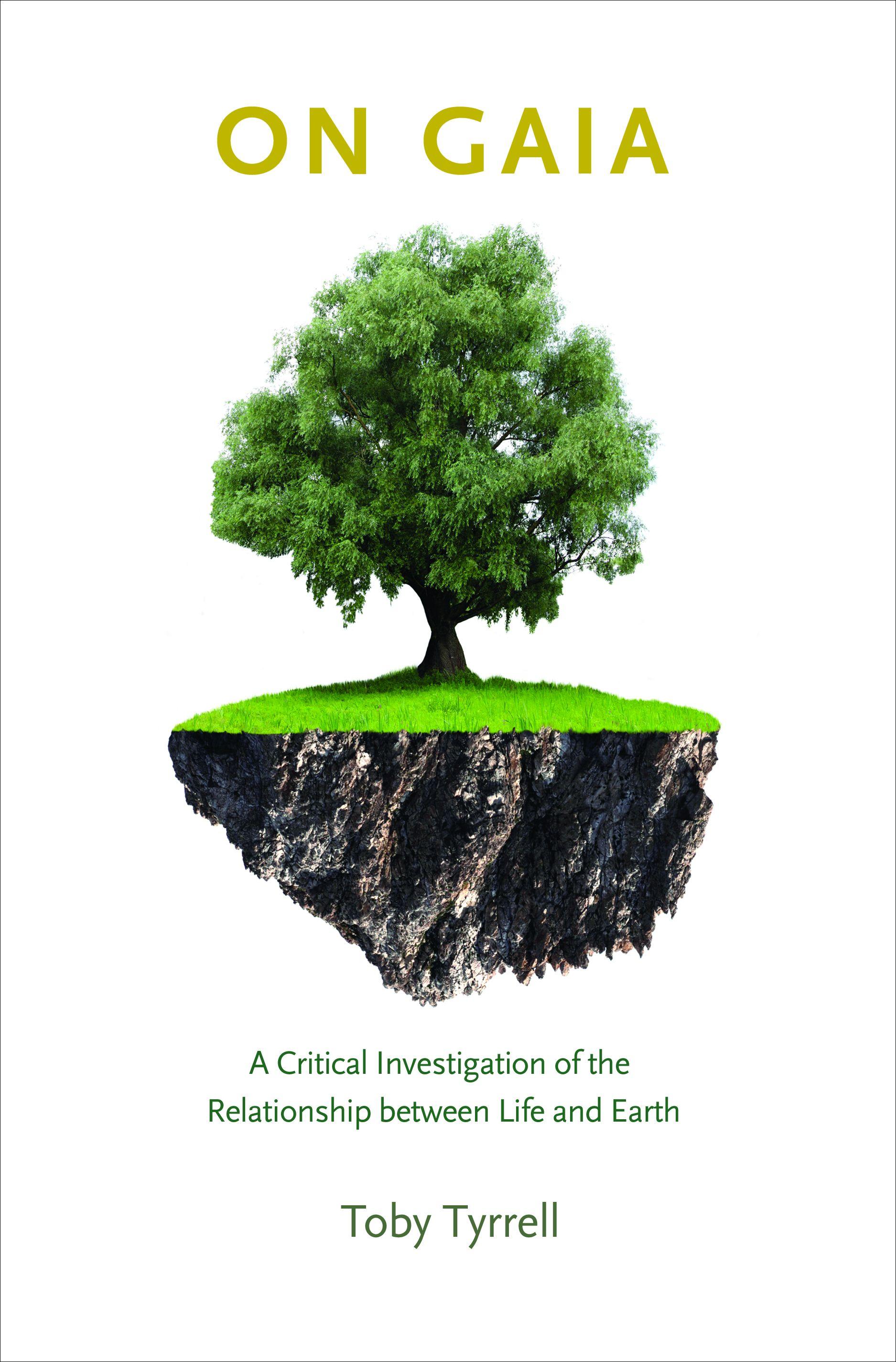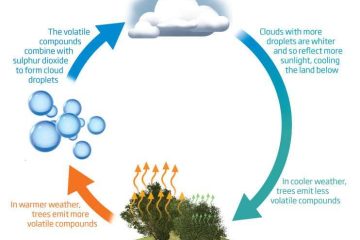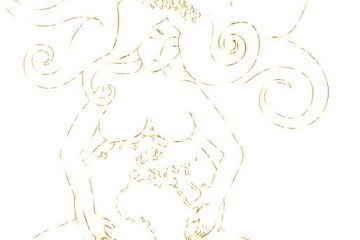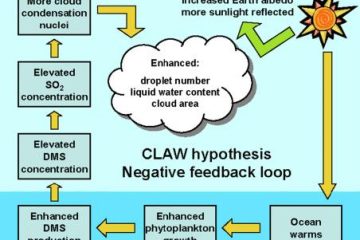Nestled deep within the heart of ecological philosophy lies the captivating Gaia hypothesis, a concept that intertwines the very essence of our planet with the delicate balance of life it harbors. Rooted in the ancient wisdom of indigenous cultures, the Gaia hypothesis embodies a profound connection between Earth and all its inhabitants, fostering a holistic approach to understanding our world. Join us on a journey of exploration as we delve into the rich tapestry of the Gaia hypothesis through the lens of indigenous knowledge, unveiling the intricate relationship between humanity and the natural world.
Table of Contents
- Exploring the Deep Connection Between the Gaia Hypothesis and Indigenous Wisdom
- Honoring Traditional Knowledge: The Role of Indigenous Practices in Gaia Hypothesis
- Fostering Sustainability Through a Synergistic Approach: Bridging Indigenous Wisdom and Modern Science
- Empowering Communities: Implementing Indigenous-Inspired Solutions for a Harmonious Environment
- Q&A
- Concluding Remarks

Exploring the Deep Connection Between the Gaia Hypothesis and Indigenous Wisdom
Embark on a journey that intertwines scientific theory with ancient wisdom, unveiling profound insights into the symbiotic relationship between nature and spirituality.
**Join us as we delve into the intricacies of the Gaia Hypothesis and its striking resonance with Indigenous teachings, illuminating a bond that transcends time and culture.**

Honoring Traditional Knowledge: The Role of Indigenous Practices in Gaia Hypothesis
In exploring the intricate bond between traditional indigenous practices and the holistic Gaia Hypothesis, a profound connection emerges, highlighting the symbiotic relationship between nature and culture. Through time-honored rituals, ceremonies, and wisdom passed down through generations, indigenous communities worldwide have nurtured a deep reverence for the Earth and its interconnected web of life. These ancient traditions offer invaluable insights into sustainable living, biodiversity conservation, and spiritual harmony with the environment.
Embracing indigenous knowledge within the framework of the Gaia Hypothesis underscores the significance of preserving cultural heritage alongside ecological diversity. The intricate tapestry of indigenous practices, rooted in respect for the land and its resources, reveals profound teachings on reciprocity, balance, and interconnectedness. By weaving together the wisdom of traditional healers, storytellers, and guardians of the land, we gain a deeper appreciation for the intricate dance of life on Earth. By honoring and integrating indigenous practices into modern approaches to sustainability, we not only enrich our understanding of the natural world but also nurture a collective responsibility to safeguard our planet for future generations.
Fostering Sustainability Through a Synergistic Approach: Bridging Indigenous Wisdom and Modern Science
In the realm where ancestral knowledge intertwines with the cutting-edge discoveries of modern science, a harmonious synergy emerges, fostering a tapestry of wisdom that transcends generations. Within this intricate web of interconnectedness, the Gaia hypothesis stands as a testament to the profound interplay between nature and humanity, highlighting the intrinsic link between all living beings and the Earth itself.
Drawing upon the profound teachings of indigenous cultures, we find ourselves immersed in a realm where reverence for the land and its inhabitants guides our actions towards sustainable coexistence. Through embracing traditional practices rooted in respect for nature’s rhythms and cycles, we uncover a treasure trove of insights that empower us to tread lightly upon the Earth. By melding indigenous wisdom with the latest scientific advancements, we embark on a transformative journey towards a future where sustainability is not just a goal but a way of life.
Empowering Communities: Implementing Indigenous-Inspired Solutions for a Harmonious Environment
In exploring the interconnectedness of nature and humanity, the concept of the Gaia hypothesis resonates deeply with indigenous communities worldwide. Drawing inspiration from ancient wisdom and symbiotic relationships with the environment, indigenous-inspired solutions offer a path towards sustainability and harmony. Embracing the wisdom of indigenous cultures can lead to innovative approaches that prioritize the well-being of both people and the planet.
Implementing indigenous-inspired solutions involves fostering a holistic approach that honors nature’s intrinsic value and respects traditional knowledge. By incorporating indigenous perspectives into environmental policies and practices, communities can cultivate a deeper connection to the land and promote ecological balance. Through collaborative efforts and mutual learning, we can embark on a journey towards creating a more harmonious and sustainable future for all beings on Earth.
| Benefits of Indigenous-Inspired Solutions: |
| – Preservation of biodiversity |
| – Promotion of sustainable practices |
| – Cultivation of community resilience |
Q&A
Q: What is the Gaia Hypothesis in relation to Indigenous beliefs?
A: The Gaia Hypothesis, proposed by scientist James Lovelock, suggests that the Earth functions as a self-regulating organism. This idea is akin to many Indigenous beliefs that view the Earth as a living entity with interconnected systems that work together in harmony.
Q: How do Indigenous cultures contribute to our understanding of the environment through the lens of the Gaia Hypothesis?
A: Indigenous cultures often hold deep wisdom and knowledge about the interconnectedness of all life forms and the vital importance of respecting nature. Their perspectives align closely with the Gaia Hypothesis, emphasizing the Earth as a sacred, self-regulating entity.
Q: Can the Gaia Hypothesis and Indigenous beliefs shape modern environmental practices?
A: By integrating the principles of the Gaia Hypothesis and Indigenous wisdom into modern environmental practices, we can cultivate a more sustainable and holistic approach to planetary stewardship. This fusion can inspire innovative solutions for tackling today’s environmental challenges.
Concluding Remarks
Embracing the interconnectedness of all living beings, the Gaia Hypothesis intertwined with indigenous wisdom offers a profound perspective on our relationship with the Earth. As we delve into the intricate web of life, we find echoes of ancient knowledge that remind us of our responsibility to nurture and protect our planet. By honoring the wisdom of traditional cultures and merging it with scientific understanding, we pave the way for a harmonious coexistence with nature. Let us continue to explore, learn, and respect the teachings of Gaia and indigenous communities, guiding us towards a sustainable and balanced future for all generations to come.



0 Comments